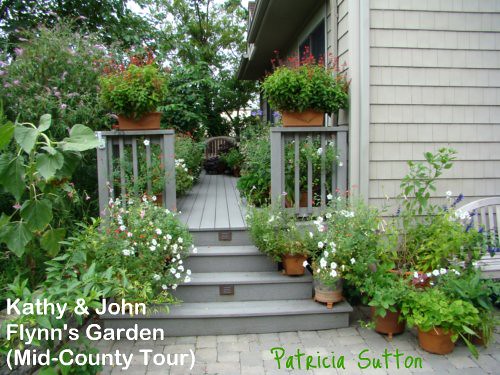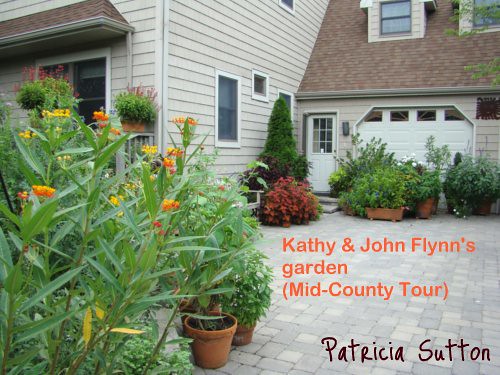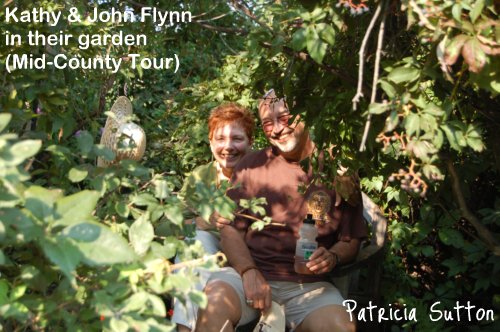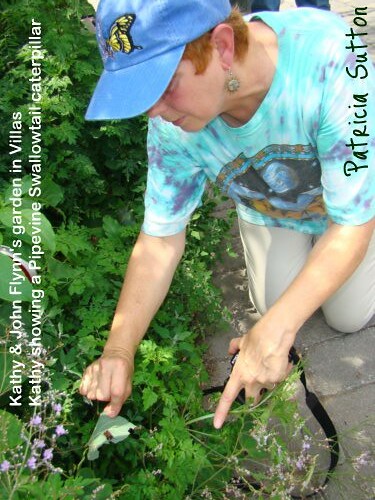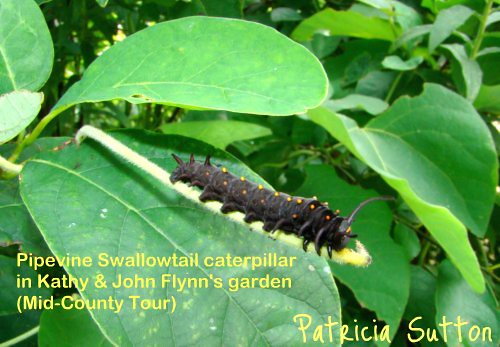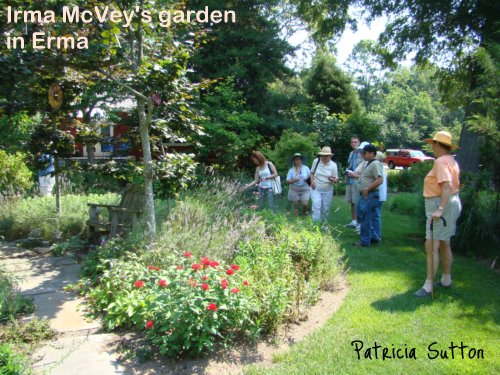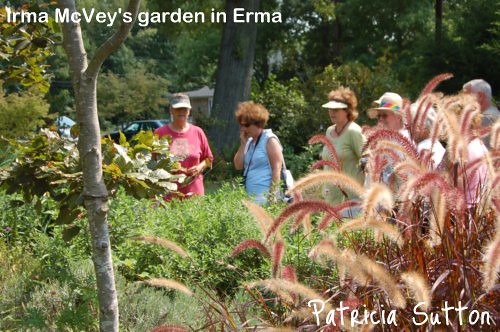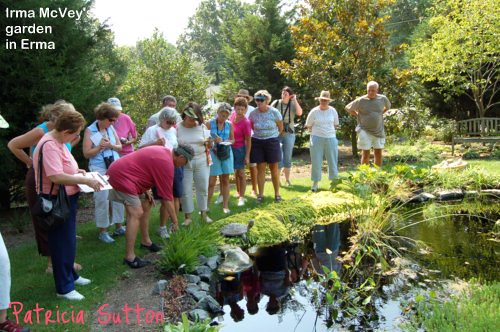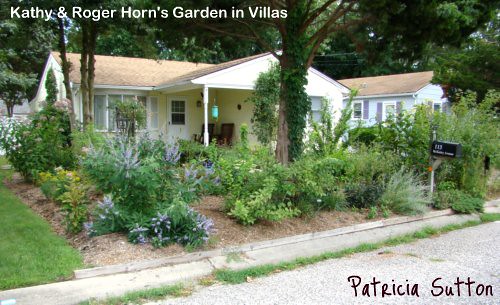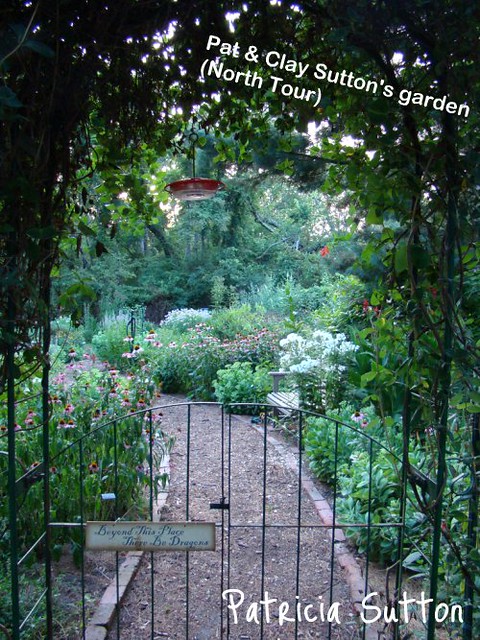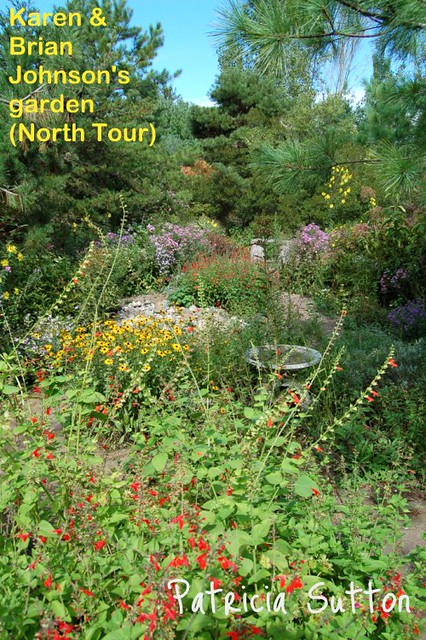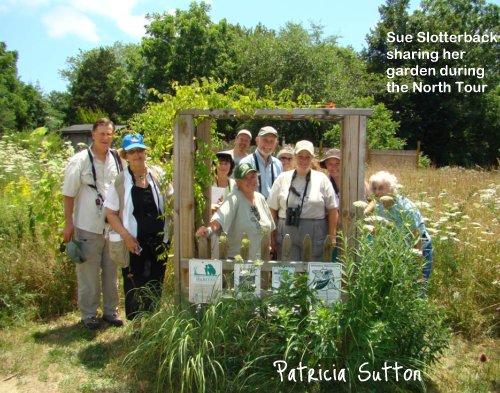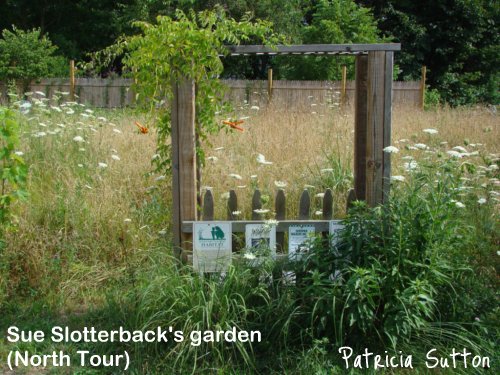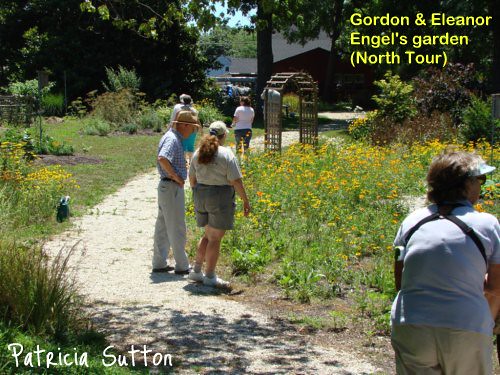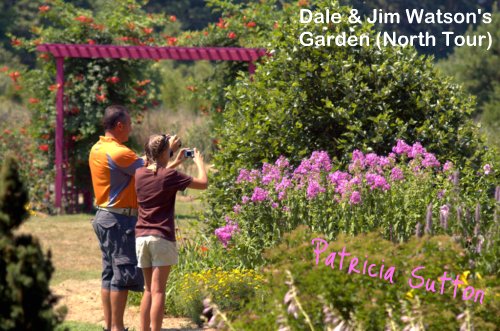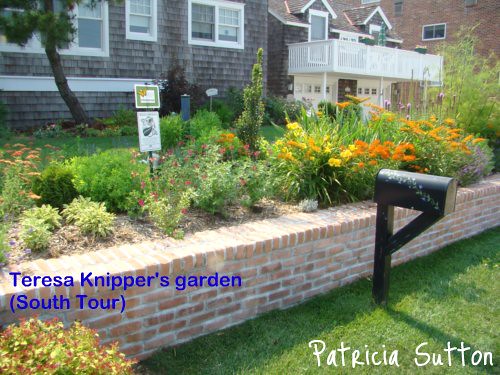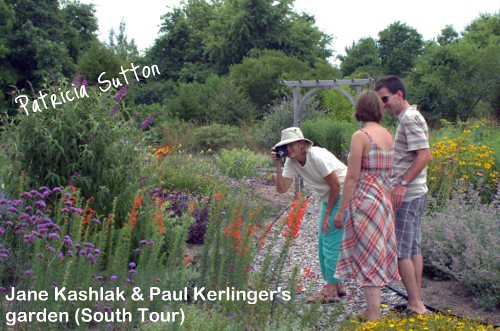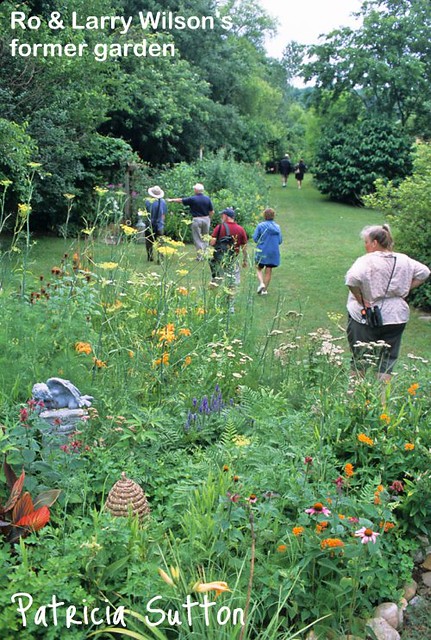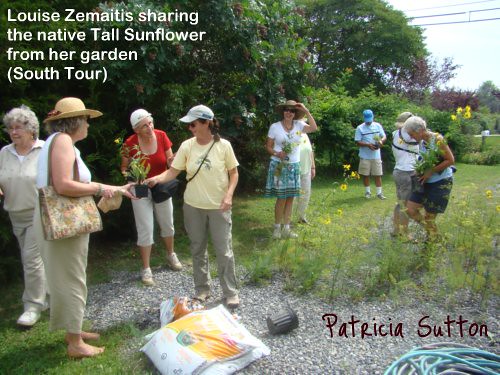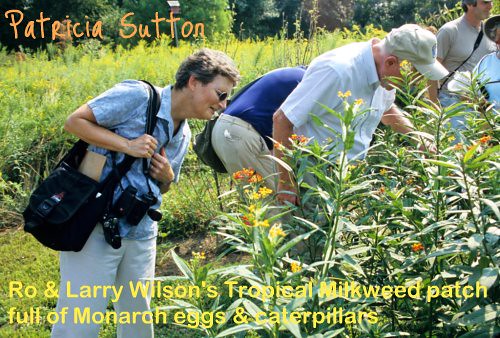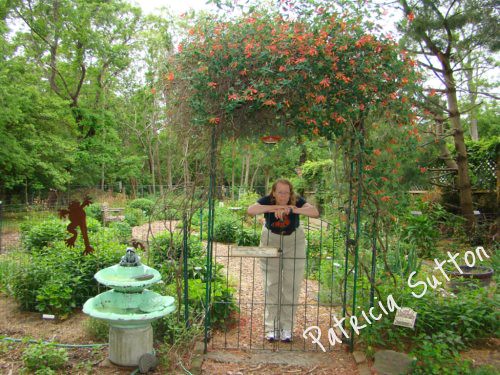 Hi Gardening Friends,
Hi Gardening Friends,
Our spring garden was a show stopper with clouds of blooming Wild Columbine, Coral Bells, and Coral Honeysuckle and of course Ruby-throated Hummingbirds galore.
Now it’s bursting at the seams as all the other perennials fill out and bump into each other. Common Milkweed and Butterflyweed are in full bloom and pulling in many butterflies. And many, many other perennials are about to pop . . . just in time for this year’s “Tours of Private Wildlife Gardens.”
This is the 20th year I’ve been leading these tours of private backyard wildlife gardens. Yowee!
Be sure to mark your calendars with the following dates & plan to join me on one, several, or all NINE of the 2011 “Tours of Private Wildlife Gardens” that I will again be leading for NJ Audubon’s Nature Center of Cape May.
Alert your friends, family, neighbors, … anyone you’re trying to HOOK on wildlife gardening!
These wildlife-friendly gardens offer so many ideas in the way of design, use of space, plant combinations, native plants that are lovely AND beneficial to wildlife, “chocolate cake” nectar plants, key caterpillar plants, great shrub ideas, “how to” create your own meadow ideas, garden accents and features like misters, dragonfly ponds, arbors . . .
Imagine getting a glimpse into private backyard wildlife gardens, interacting with the artists who created them, having each and every garden and wildlife question answered, and enjoying it with a group of fellow wildlife gardeners.
Enjoy a SNEAK PEAK (South Tour, North Tour, Mid-County Tour) into some of the gardens we’ll be visiting as I include photos of different gardens over the course of the summer.
“Tours of Private Wildlife Gardens”
with NJ Audubon’s Nature Center of Cape May
1600 Delaware Ave., Cape May, NJ 08204
(609)898-8848
Tours of Private BUTTERFLY Gardens — 10 a.m. to 3:30 p.m.
Friday, July 8: SOUTH “Cape Island”
Saturday, July 9: MID-COUNTY “North Cape May to Rio Grande”
Sunday, July 10: NORTH “Goshen to Dennisville”
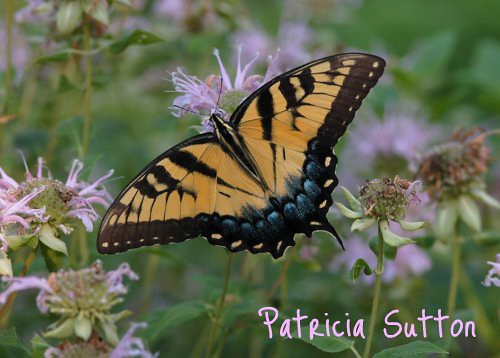 More butterfly and hummingbird gardens are tucked into Cape May County than probably anywhere else in the country. Mid-July is the time of peak butterfly diversity and numbers. Gardens look completely different from one month to the next (so seriously consider all 9 tours). Learn the magic combination of native nectar plants and caterpillar plants that makes a garden especially attractive to butterflies. Design ideas and new wildlife plants will be showcased while tour participants are entertained by a blizzard of butterflies and hummingbirds.
More butterfly and hummingbird gardens are tucked into Cape May County than probably anywhere else in the country. Mid-July is the time of peak butterfly diversity and numbers. Gardens look completely different from one month to the next (so seriously consider all 9 tours). Learn the magic combination of native nectar plants and caterpillar plants that makes a garden especially attractive to butterflies. Design ideas and new wildlife plants will be showcased while tour participants are entertained by a blizzard of butterflies and hummingbirds.
Tours of Private HUMMINGBIRD Gardens — 10 a.m. to 3:30 p.m.
Friday, August 12: NORTH “Goshen to Dennisville”
Saturday, August 13: SOUTH “Cape Island”
Sunday, August 14: MID-COUNTY “North Cape May to Rio Grande”
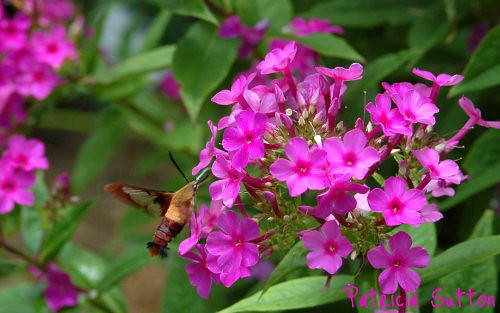 At the peak of Ruby-throated Hummingbird migration, we’ll savor an array of diverse gardens that have hosted nesting hummingbirds since May and are now drawing in dozens of migrants. Native nectar plants, healthy insect populations, water sources, and adequate cover are key elements of each garden.
At the peak of Ruby-throated Hummingbird migration, we’ll savor an array of diverse gardens that have hosted nesting hummingbirds since May and are now drawing in dozens of migrants. Native nectar plants, healthy insect populations, water sources, and adequate cover are key elements of each garden.
Tours of Private MONARCH (butterfly) Gardens — 10 a.m. to 3:30 p.m.
Friday, Sept. 23: MID-COUNTY “North Cape May to Rio Grande”
Saturday, Sept. 24: NORTH “Goshen to Dennisville”
Sunday, Sept. 25: SOUTH “Cape Island”
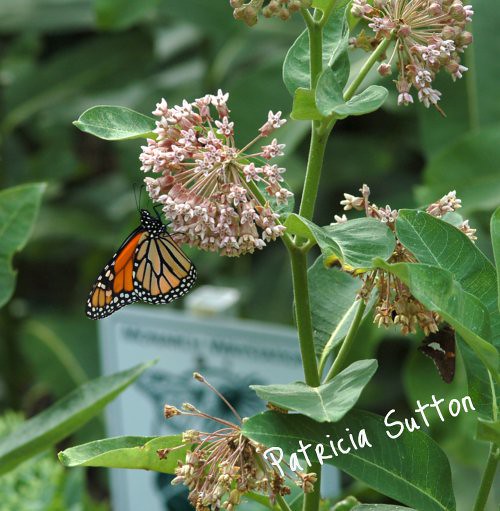 At the peak of Cape May County’s world-famous fall Monarch migration, tour diverse gardens that have hosted Monarchs since May. Each features native nectar plants and as many as five different kinds of milkweed (used by Monarchs for egg laying to create the next generation). Expect clouds of Monarchs and other butterflies, Monarch eggs, caterpillars, and maybe even a chrysalis. The complex Monarch migration will be both explained and enjoyed.
At the peak of Cape May County’s world-famous fall Monarch migration, tour diverse gardens that have hosted Monarchs since May. Each features native nectar plants and as many as five different kinds of milkweed (used by Monarchs for egg laying to create the next generation). Expect clouds of Monarchs and other butterflies, Monarch eggs, caterpillars, and maybe even a chrysalis. The complex Monarch migration will be both explained and enjoyed.
TOUR DETAILS AND PRICING
Gardening naturalist and author, Pat Sutton, leads these tours, which include her own garden in Goshen (North tour). Bring lunch since the group will eat in one of the gardens.
If some of you are keen to create a butterfly & hummingbird garden, be sure to download the article & plant list I wrote / created:
Limit: 25 per tour. Nine Tours / Cost per tour: $30 members (NJ Audubon), $40 nonmembers.
(Join three tours at a discounted rate of $75 members, $100 nonmembers.)
These tours require preregistration with payment.
You may register by phone at 609.898.8848 with a credit card or send payment to the Nature Center of Cape May, 1600 Delaware Avenue, Cape May, NJ 08204 (noting which tours and full names of registrants).
NCCM reserves the right to cancel programs, and refunds are available only if NCCM cancels the event. Walk-ins are welcome on a space-available basis. Become a member of NJAS and receive discounts in the gift shop and on many programs.
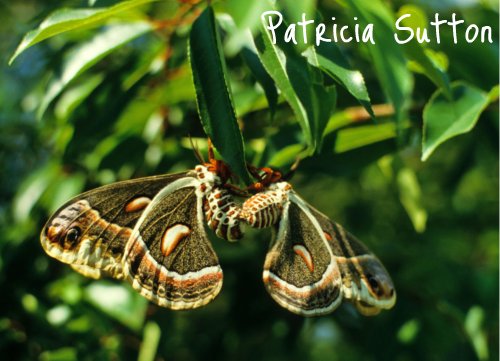
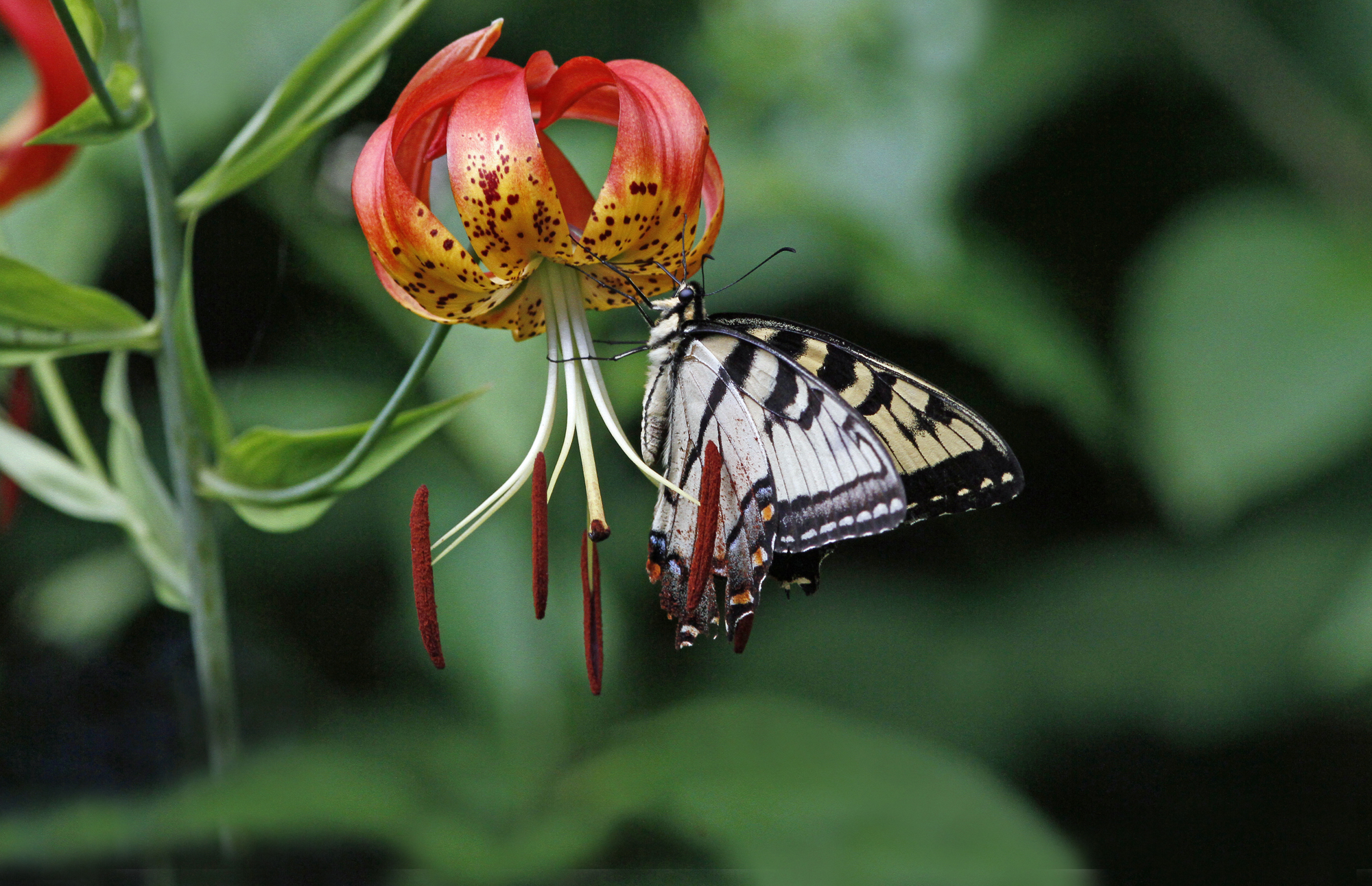
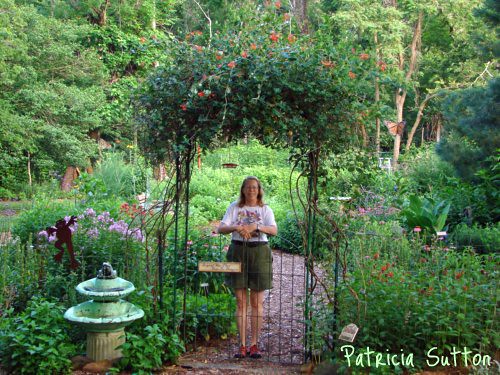 Hi Gang,
Hi Gang,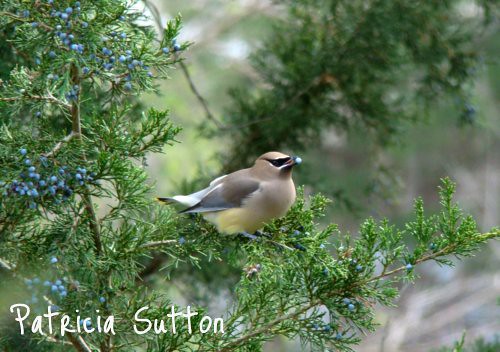 In southern New Jersey my favorite evergreen is Red Cedar, Juniperus virginiana, for about a zillion reasons. I’ve watched 32 different species of birds feed on the fruits, including big flocks of Cedar Waxwings (so named because they favor Red Cedar fruits).
In southern New Jersey my favorite evergreen is Red Cedar, Juniperus virginiana, for about a zillion reasons. I’ve watched 32 different species of birds feed on the fruits, including big flocks of Cedar Waxwings (so named because they favor Red Cedar fruits).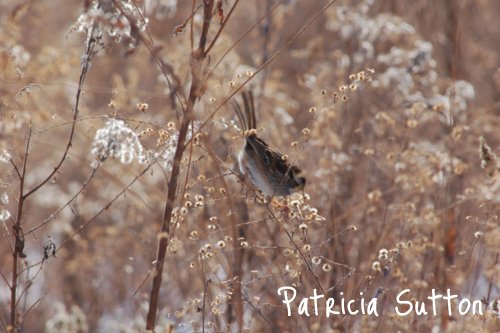 I’m always surprised when the “tidy factor” wins and a gardener feels compelled to whack back spent flowers and seed heads and send them off to the compost pile. I bite my tongue, but am deeply puzzled.
I’m always surprised when the “tidy factor” wins and a gardener feels compelled to whack back spent flowers and seed heads and send them off to the compost pile. I bite my tongue, but am deeply puzzled.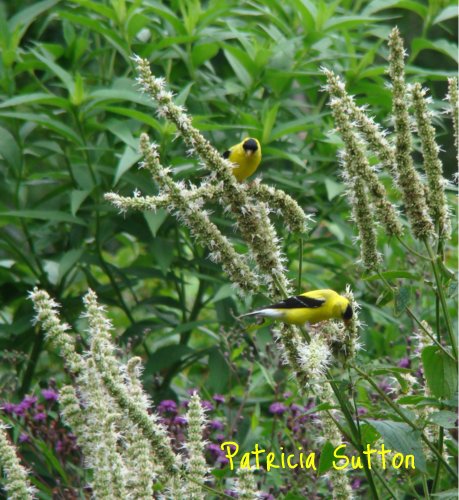
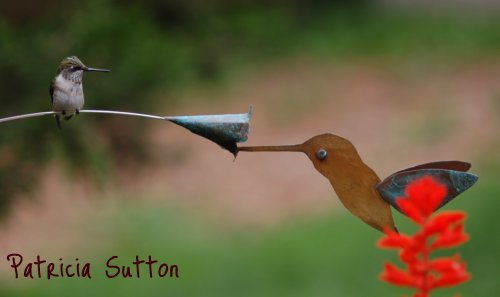 Hi Gang,
Hi Gang,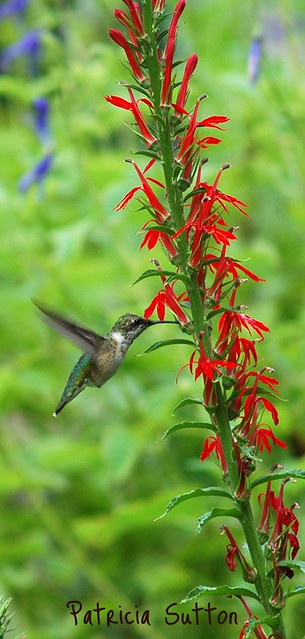
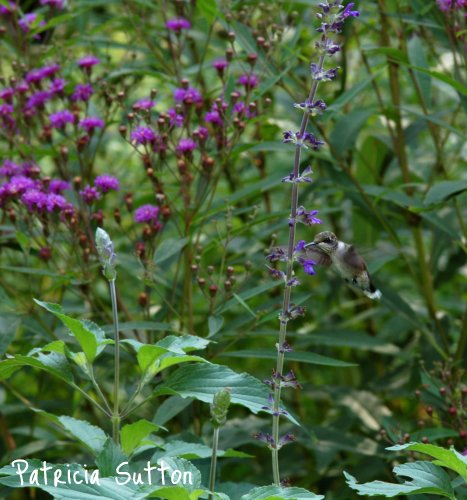
 Hi Gardening Friends,
Hi Gardening Friends, More butterfly and hummingbird gardens are tucked into Cape May County than probably anywhere else in the country. Mid-July is the time of peak butterfly diversity and numbers. Gardens look completely different from one month to the next (so seriously consider all 9 tours). Learn the magic combination of native nectar plants and caterpillar plants that makes a garden especially attractive to butterflies. Design ideas and new wildlife plants will be showcased while tour participants are entertained by a blizzard of butterflies and hummingbirds.
More butterfly and hummingbird gardens are tucked into Cape May County than probably anywhere else in the country. Mid-July is the time of peak butterfly diversity and numbers. Gardens look completely different from one month to the next (so seriously consider all 9 tours). Learn the magic combination of native nectar plants and caterpillar plants that makes a garden especially attractive to butterflies. Design ideas and new wildlife plants will be showcased while tour participants are entertained by a blizzard of butterflies and hummingbirds. At the peak of Ruby-throated Hummingbird migration, we’ll savor an array of diverse gardens that have hosted nesting hummingbirds since May and are now drawing in dozens of migrants. Native nectar plants, healthy insect populations, water sources, and adequate cover are key elements of each garden.
At the peak of Ruby-throated Hummingbird migration, we’ll savor an array of diverse gardens that have hosted nesting hummingbirds since May and are now drawing in dozens of migrants. Native nectar plants, healthy insect populations, water sources, and adequate cover are key elements of each garden. At the peak of Cape May County’s world-famous fall Monarch migration, tour diverse gardens that have hosted Monarchs since May. Each features native nectar plants and as many as five different kinds of milkweed (used by Monarchs for egg laying to create the next generation). Expect clouds of Monarchs and other butterflies, Monarch eggs, caterpillars, and maybe even a chrysalis. The complex Monarch migration will be both explained and enjoyed.
At the peak of Cape May County’s world-famous fall Monarch migration, tour diverse gardens that have hosted Monarchs since May. Each features native nectar plants and as many as five different kinds of milkweed (used by Monarchs for egg laying to create the next generation). Expect clouds of Monarchs and other butterflies, Monarch eggs, caterpillars, and maybe even a chrysalis. The complex Monarch migration will be both explained and enjoyed.